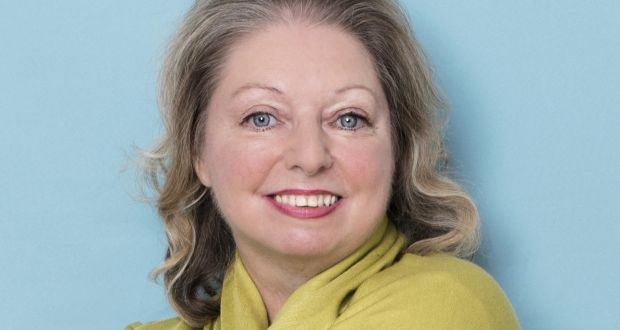
Today I should be basking in the afterglow of having met and introduced one of my literary heroines, Hilary Mantel, who was due to read at University College Cork on May 19, 2020. Like so many literary events, the show could not go on because of the COVID-19 pandemic. But when you’re preparing for a public event like this, and it doesn’t happen, the questions still remain.
Some of my queries relate to the time before – the pre-virus world, if you like – and even in the unlikely event of the reading having gone ahead, the pandemic would, of course, have featured in the discussion.
Any interviewer starts off with a list of prepared questions, things she’s curious about, but the nature of a live event means that the course of an interview can never be predicted, much less managed. Because at its best, an author interview is an exchange and the interviewee’s answers often dictate the next question.
But given all that, here are some of the things I might have asked on the night.
Before:
How long did it take you to master the history of Tudor England, its politics and its events, before you started to write, or did that happen in the process of writing?
Why so hard on Sir Thomas More?
In the public mind, the Wolf Hall trilogy has probably eclipsed your other work – do you mind that?
My favourite novels of yours are Eight Months on Ghazzah Street and Beyond Black. What’s your favourite from your pre-Wolf Hall work?
What marked your earlier novels out was the fact that no two were the same. They explored very different worlds. After 15 years writing the Wolf Hall trilogy – “working in the crypt” in your own words – do you crave a change from Tudor England?
The Wolf Hall success came after a lifetime of writing to a loyal but limited readership. Apart from the material rewards, are fame and acclaim welcome or intrusive, or both?
After:
The Mirror and the Light came out just as the pandemic took hold. It became for many readers the ultimate early lockdown read, for its totally immersive properties. Apart from its size (over 800 pages, and as we know in pandemics size matters) and the fact that it’s the closure of a trilogy, what else would give it resonance for readers now?
You have written very movingly about how chronic illness has shaped and distorted your life in your memoir, Giving up the Ghost. How did your own relationship with what Susan Sontag calls the “kingdom of the sick” affect your attitude to the COVID-19 crisis in which everyone has been touched by the spectre of disease?
Would you write plague any differently, post COVID-19?
In an interview you mentioned you’d discovered Irish author’s Eugene McCabe’s Death and Nightingales during lockdown. You describe it as “truly one of the best novels I have ever, ever read. . . I wish heartily that I could have written it myself.” What makes it so good?
Did you watch “Normal People”?